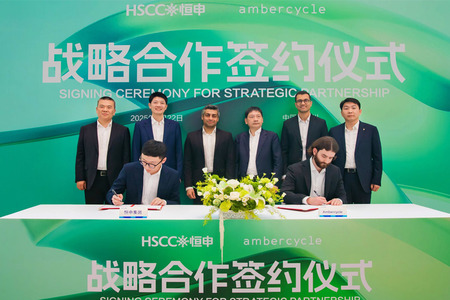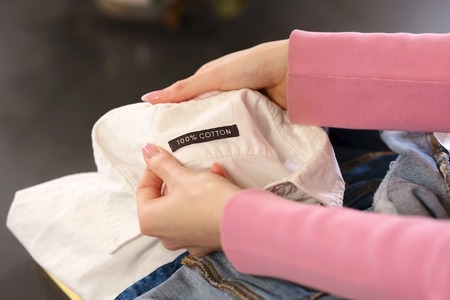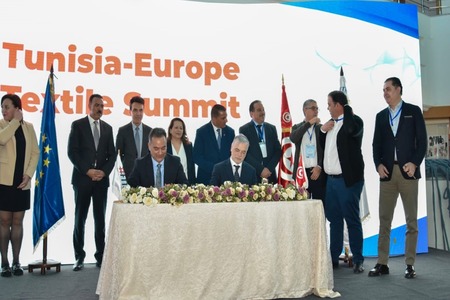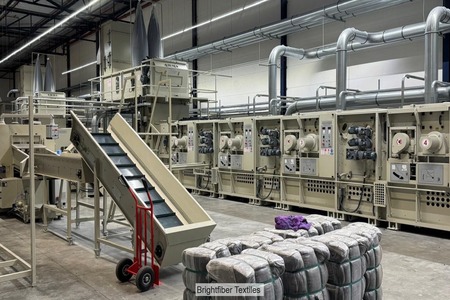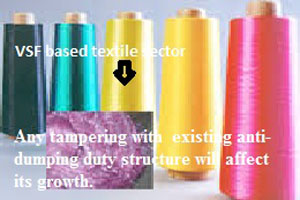
VSF based textile sector faces heat of increased dumping from China
YarnsandFibers News Bureau 2016-04-29 11:00:00 – MumbaiThe thriving viscose staple fibre (VSF)-based textile industry, which is facing the heat of increased dumping from China and Indonesia, has warned that any tampering with the existing anti-dumping duty structure will affect its growth.
As the viscose-based textile industry has shown a remarkable growth in the last five years, reflecting the spirit of Make in India initiative.
The existing anti-dumping duties, imposed in 2010, are up for review shortly and a section of the textile industry is calling for ending duty protection, citing rising input cost.
Ramesh Natarajan, Director of Indian Man-Made Yarn Manufacturers Association said that Chinese and Indonesians had nearly killed the Indian market before anti-dumping duty was imposed. Now again both the countries are trying to flood the market with heavy discounts.
Before the dumping duty was slapped, Chinese and Indonesians were selling their products at Rs 185-190 a kg while the domestic prices were much higher, Natarajan said, but added that the quality of domestic products is unmatched.
He warned that if the anti-dumping duties are rolled back, it will kill the domestic industry. Already, the industry has lost over two lakh direct jobs, with one lakh in the Coimbatore-Erode belt of Tamil Nadu alone. If the government falls prey to international and domestic pressure, it will kill more jobs.
Natarajan said that the biggest VSF-based textile hub is the Coimbatore-Erode belt which consumes over 20,000 tonnes of the textile a month, while the intake in the rest of the country is only 5,000 tonnes.
Players like the Indian Spinners Association (ISA) has said that continuation of the duty on the fibre will have a "deleterious effect" on the textile sector, which is already reeling under high cost of production and sagging export demand.
The government must ensure that there are adequate safeguards in place for all products of the VSF value chain so that this industry attracts more investments and drives local manufacturing, which is the key focus of the present regime, said P S Sundaram, managing director of Erode-based Victory Spinning.
According to industry statistics, the domestic VSF industry grew at a CAGR of 11 percent in the past five years, while exports clipped at 14 percent CAGR. This growth has been driven by the largest domestic VSF producer Grasim Industries, initiatives like creating robust consumer demand and collaboration with SMEs, among others.
Development of the VSF supply chain has also attracted major global brands. Top international brands like American Eagle, Kohls, Bershka and GAP, among others, have increased their intake from India by around 20 percent.
In 2011-12, exports jumped from 249 tonnes per day (tpd) to 424 tpd in 2015-6, and domestic sales grew from 590 tpd to 853 tpd.
Market Intelligence
Ask for free sample Report

experience
Customer Base
dedicated team
Countries Served Worldwide



